World News Daily(2024-08-21) : U.S. Nuclear Strategy Shift Focuses on China
U.S. Nuclear Strategy Shift Focuses on China
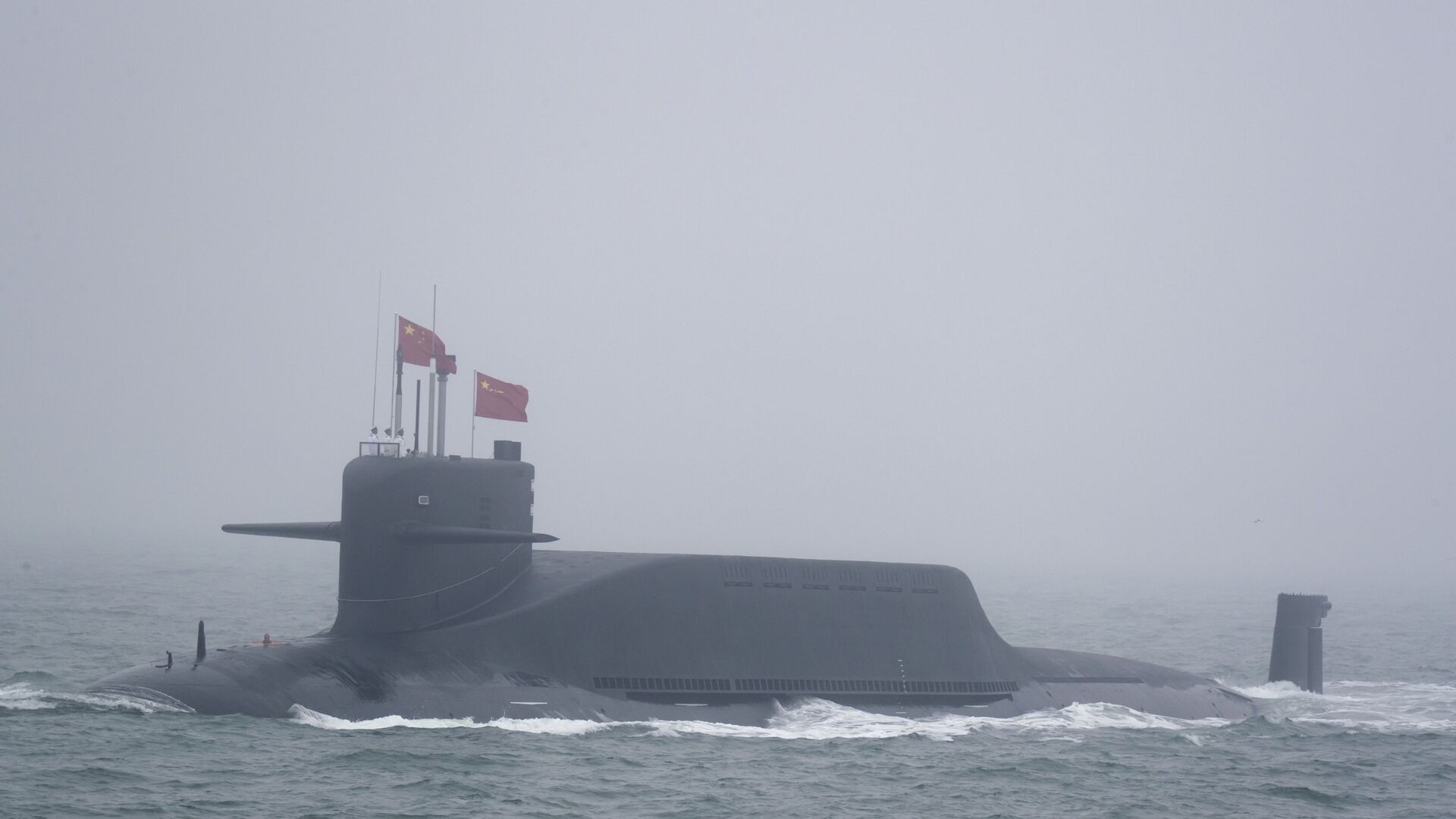
Biden's new nuclear strategy shifts focus to China. Approved in March, it aims to counter China's expanding nuclear arsenal. The strategy also considers joint threats from China, Russia, and North Korea. A public report is due before Biden's term ends.
The U.S. worries about China's nuclear growth, especially over the next decade. The strategy seeks to deter all three nations simultaneously.
Recently, China tightened export controls on antimony, crucial for U.S. military and nuclear weapons. China, along with Tajikistan and Russia, holds over 90% of global antimony reserves. The U.S. relies heavily on China for this resource.
China claims these measures are for national security and non-proliferation. Last July, U.S.-China nuclear talks stalled due to U.S. arms sales to Taiwan.
ScoresPolitics
Trump Considers Cabinet Role for Musk and Revisits Electric Vehicle Policies
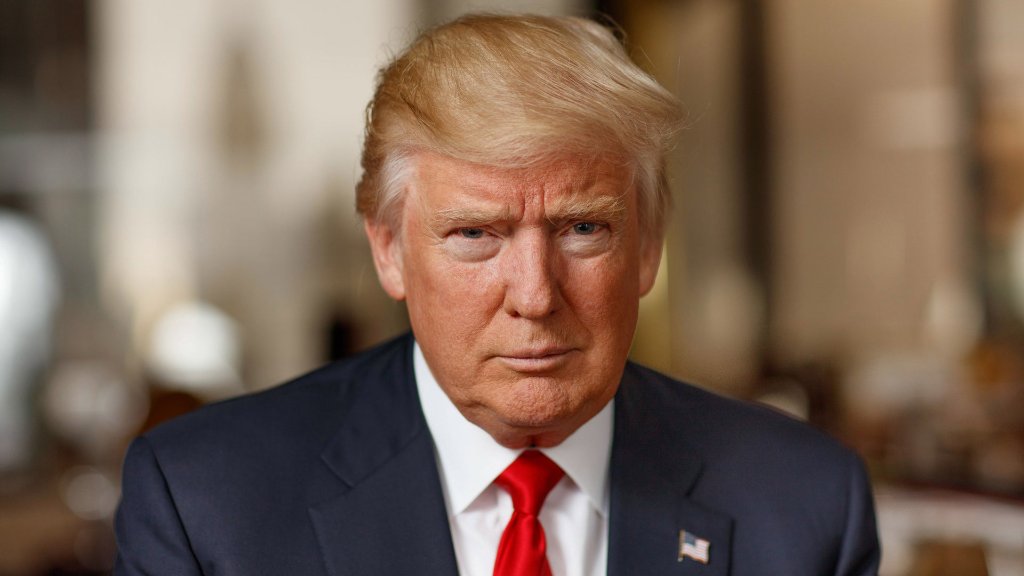
Trump, eyeing a White House return, dangles a cabinet spot for Musk. He's also mulling axing the $7500 electric car tax credit, a move that could jolt Tesla's sales. Trump's mixed signals on EVs—liking them but not the incentives—mirror his past push to scrap these credits, which Biden later expanded.
Their live chat? A mix of mutual praise and divergent views, hinting at a complex alliance. Trump sees a future where fossil fuels still power EVs, and he's intrigued by solar panels on Tesla cars.
On Google, Trump's fiery but vague threats follow a court's monopoly verdict. His stance on the Fed? He claims presidential rights to comment on interest rates, though he downplays any sway over the central bank.
Trump's knack for bold, sometimes contradictory statements keeps the political and economic waters roiled. His potential policies could reshape the auto industry and tech landscape, stirring both anticipation and anxiety.
ScoresUkrainian Forces Advance in Kursk, Russia Amid Intense Conflict
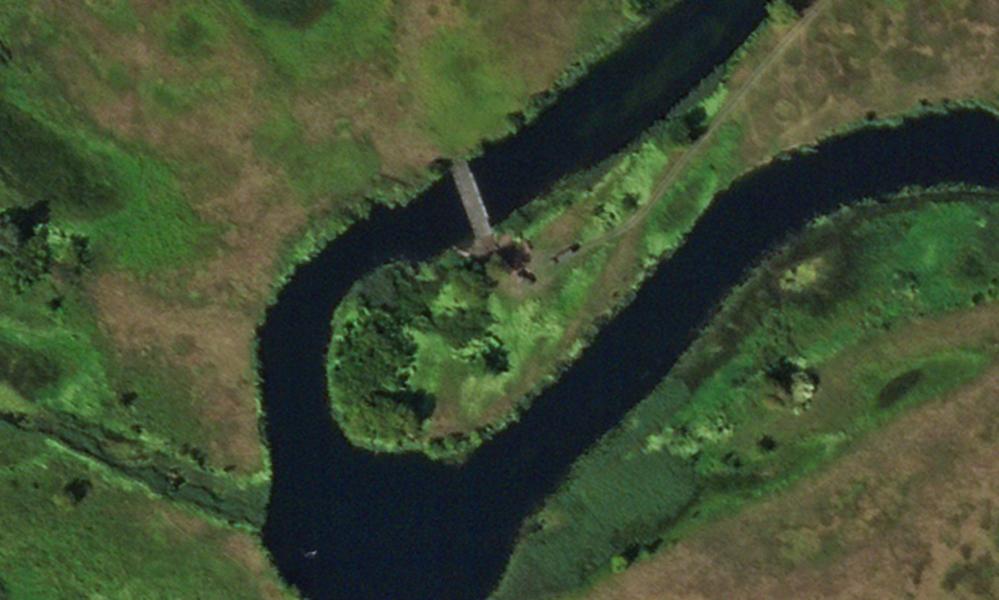
Ukrainian forces pushed deep into Russia's Kursk region, capturing villages and destroying strategic bridges. A pontoon bridge, hastily built by Russian troops, was obliterated by kamikaze drones. Satellite images confirmed its destruction, with plumes of smoke marking the site.
Ukraine's advance, a surprise incursion, trapped around 3,000 Russian conscripts. Civilians fled by boat. Ukrainian President Volodymyr Zelenskiy claimed control over 1,250 sq km of Russian territory, including 92 settlements. He kept the operation secret, fearing international skepticism.
Russia, meanwhile, made gains in eastern Ukraine, capturing Niu-York and advancing near Pokrovsk. Zelenskiy admitted challenges in Donetsk province, with intense fighting reported.
Military experts debate the impact of Ukraine's Kursk operation. Some see it as a morale booster, others worry about potential heavy casualties. Ukraine's decision to exclude key allies from the planning stage reflects past leaks' impact on previous operations.
Domestic and international tensions escalated. Ukraine banned a Russian-linked Orthodox church, citing spiritual independence. Russia condemned the move and protested against American journalists' presence in Kursk, accusing them of propaganda.
The conflict's trajectory remains uncertain, with both sides claiming victories and facing setbacks. The human cost, however, is undeniable, with lives lost and communities shattered on both sides of the border.
ScoresSociety
Australia approves 300 billion Australian dollar renewable energy project, plans to send solar energy to Singapore.
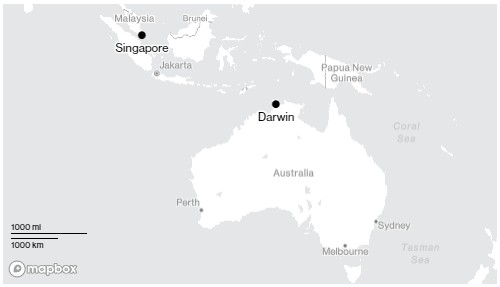
The Australian government has approved SunCable's AAPowerLink project, which plans to transport solar energy from the Northern Territory to Singapore via a 4,300-kilometer undersea cable. The project, costing AUD 30 billion, aims to begin supplying power in the early 2030s. This initiative not only addresses Singapore's energy shortage but also signifies Australia's leadership in the green energy sector.
ScoresXiaomi's car factory achieves highly automated production, with an annual capacity exceeding 150,000 units.
Xiaomi Car Factory, spanning 718,000 square meters, has an annual production capacity exceeding 150,000 units. The key manufacturing processes are 100% automated, with a vehicle rolling off the assembly line every 76 seconds. The factory includes its own battery plant, and rooftop solar panels generate 16.4 million kilowatt-hours of electricity annually, meeting 30% of the facility's power needs. Wastewater treatment efficiency reaches 99%. The SU7 model is on track to achieve its annual delivery target of 100,000 vehicles.
ScoresTesla Cybertruck successfully registers for a license plate in China, drawing market attention.
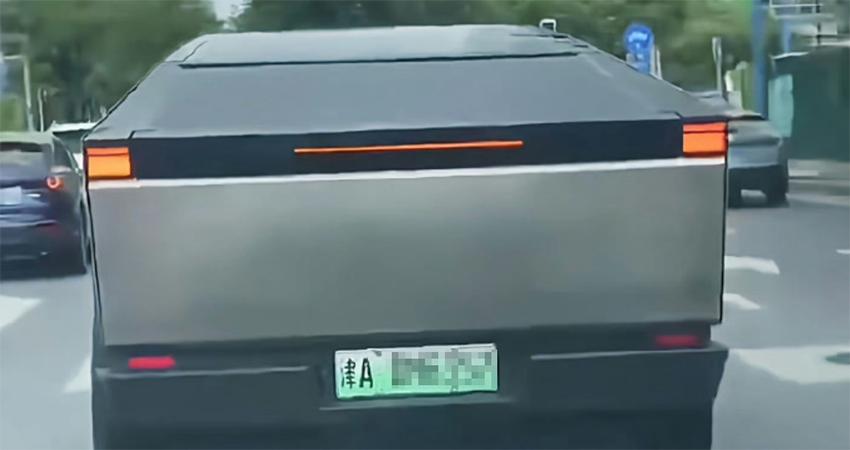
The Tesla Cybertruck was spotted on the streets of Tianjin, sporting a new energy vehicle license plate, sparking heated discussions. The vehicle, listed at a staggering 3.5 million yuan on second-hand platforms, highlights its scarcity and appeal. Previously, the Cybertruck faced difficulties in being legally driven on Chinese roads due to design issues, but its successful registration indicates that some owners have modified it to meet Chinese regulatory requirements.
Tesla CEO Elon Musk had stated that it would be challenging for the Cybertruck to be legally driven in China and that a "special edition" compliant with Chinese standards would need to be produced. Despite this, some owners have successfully registered their vehicles by importing them through parallel channels. Tesla China has no current sales plans, but it does not rule out the possibility of consumers purchasing through unofficial channels.
The Cybertruck features a unique design with an ultra-hard stainless steel body, offering excellent durability and ease of maintenance. The high-performance version, the "Cyberbeast," accelerates from 0 to 100 km/h in just 2.7 seconds with a range of up to 547 kilometers. In terms of autonomous driving, the Cybertruck supports FSD functionality.
Although the Cybertruck faces challenges in terms of positioning and acceptance in the Chinese market, its successful registration undoubtedly lays a foundation for Tesla's development in China and brings new vitality to the Chinese new energy vehicle market.
ScoresEconomy
TSMC Commences Construction of First European Chip Plant in Germany
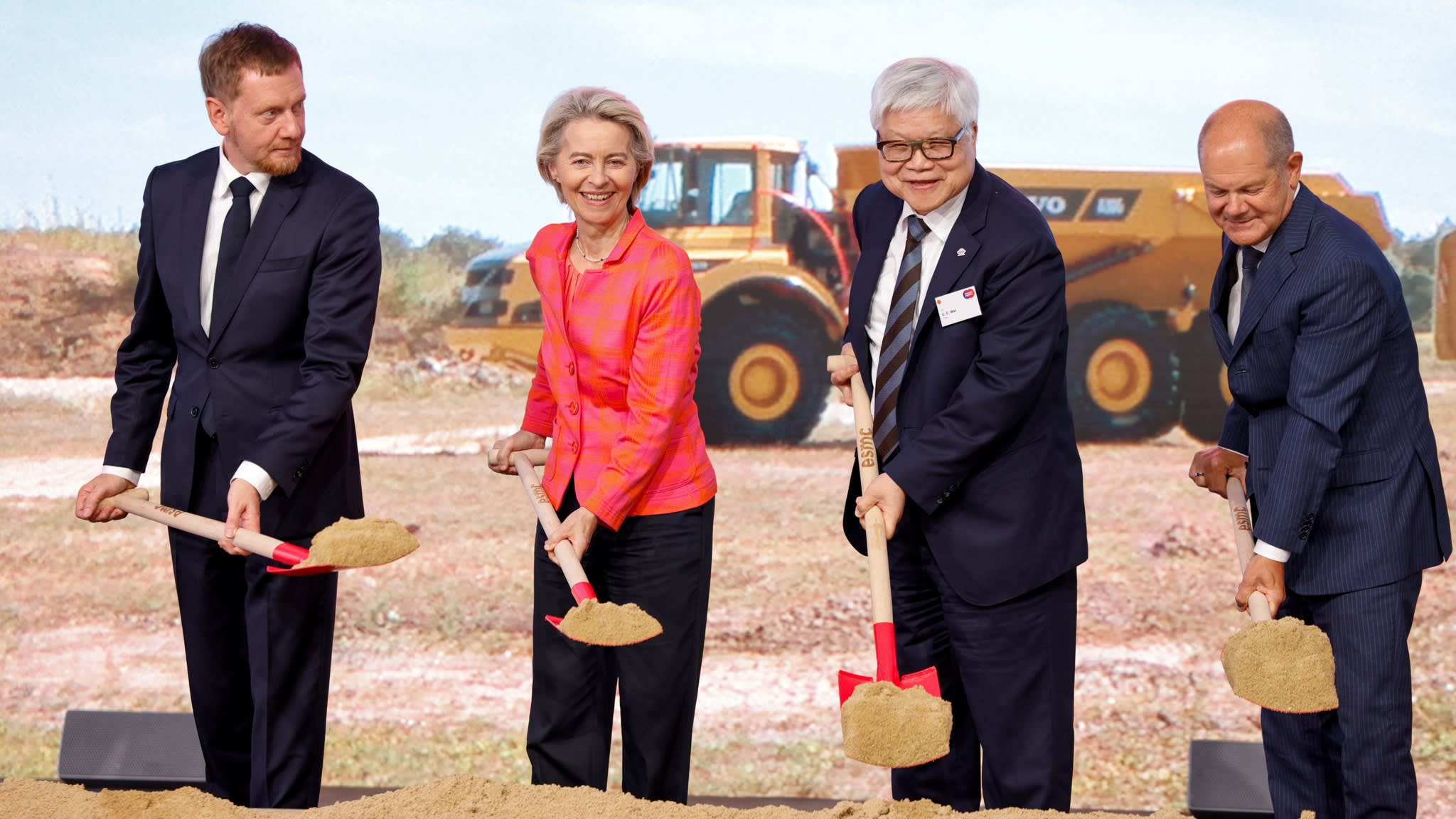
TSMC, the world's top chipmaker, broke ground on its first European plant in Dresden, Germany. Aiming to start operations by 2027, the facility targets the automotive sector, a key industry in Europe.
The plant, a joint venture with Bosch, Infineon, and NXP, will focus on producing 12-nanometer to 28-nm chips, essential for cars and industrial equipment. Construction begins this year, with a projected cost exceeding 10 billion euros.
TSMC's move reflects broader trends in the semiconductor industry, driven by global demand and government incentives. The EU aims to increase its share of the global chip market from 9% to 20% by 2030.
TSMC's expansion also counters claims by U.S. political figures that Taiwan dominates the chip business. Despite such rhetoric, TSMC remains committed to its global expansion plans, including ongoing projects in the U.S. and Japan.
The Dresden plant underscores the strategic importance of semiconductors in modern economies and the competitive dynamics shaping the industry's future.
ScoresChina's Stance on Apple's App Store Fees Under Scrutiny
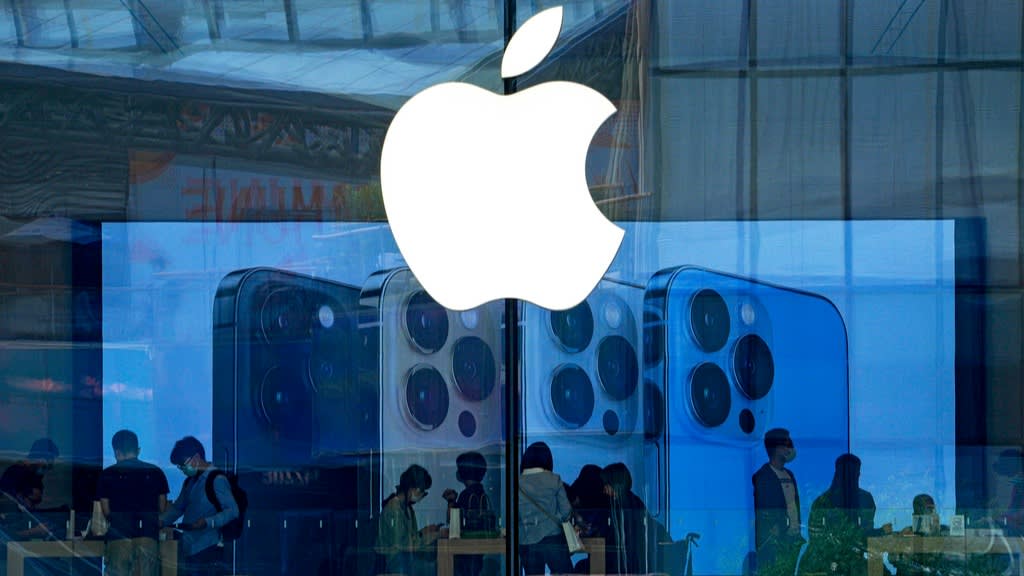
Apple's 30% App Store fees, known as the "Apple Tax," are facing global resistance. Japan and South Korea have enacted laws to lower these fees, influenced by the EU's Digital Markets Act. Japan's new legislation reduces fees to 17% and forbids Apple from restricting third-party billing systems. South Korea has prohibited app store operators from mandating developers to use their payment systems. The EU has fined Apple 1.8 billion euros and required fee reductions to 17%.
China, Apple's second-largest market, still permits high App Store fees. Apple's revenue from China in 2023 was triple that of Japan. Analysts believe China's recent focus on antitrust and Fair Competition Review Regulations could lead to similar regulatory measures. Apple's service revenue in China has quadrupled since 2015, despite a 10% drop in hardware sales. The App Store accounts for nearly 34% of Apple's global service revenue.
In China, Apple charges significant fees from tech giants like ByteDance and Tencent. Small Chinese game developers on WeChat mini-programs also encounter the "Apple Tax," affecting their livelihoods. With Beijing aiming to boost employment and domestic spending, the future of Apple's fees in China is uncertain.
ScoresNio Plans to Expand Electric Vehicle Charging Infrastructure Across China
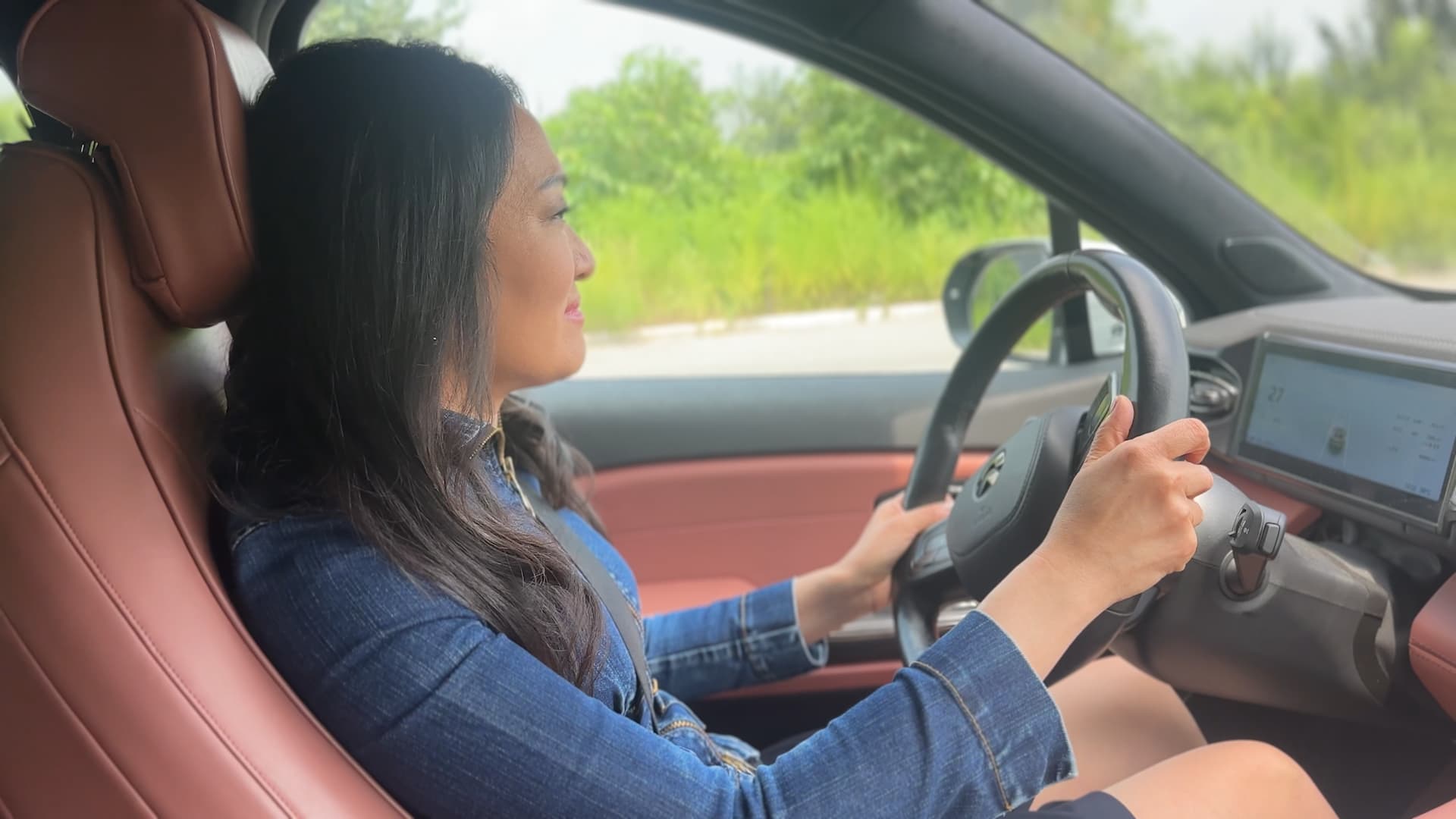
Nio, a Chinese electric car company, plans to install battery charging stations in every one of China's 2,844 counties by June 2025. They aim to expand battery swap stations to over 2,300 counties by the end of 2025, with the remainder targeted for 2026.
Battery swapping, a service Nio offers, replaces depleted batteries with charged ones in about three minutes. This addresses consumer concerns about electric car range and charging time. Nio's charging infrastructure is not exclusive; over 200 car brands use its stations, and 80% of the electricity provided goes to non-Nio vehicles.
Nio has already installed over 23,000 charging stations and 2,480 battery swap stations, completing more than 51 million swaps. Battery swaps accounted for over half the electricity used by Nio drivers in July.
The company's Nio Power business received a 1.5 billion yuan investment earlier this year, led by a Wuhan city-linked fund. This underscores the growing importance of power services in Nio's operations.
China's government supports a nationwide battery charging network to boost the domestic electric car industry. The country aims to have fast-charging stations in at least 60% of highway service areas. As of 2023, China had 8.6 million battery charging stations, a 65% increase from the previous year.
ScoresTechnology
Google opens health acoustic AI model to aid medical research.
Google has opened up the API for its HeAR AI model, which has been trained on a dataset comprising 300 million audio clips, including 100 million cough sounds. This model aids researchers in quickly developing customized bioacoustic models, especially in situations where data is scarce or computational resources are limited. The model can identify early signs of diseases, assisting in screening, diagnosis, and monitoring of conditions such as tuberculosis.
This initiative accelerates medical research and lowers the barriers to development, particularly in resource-limited environments. Google continues to push the application of AI technology in the medical field, demonstrating its technological prowess and social responsibility.
ScoresVideo Game
"Black Myth: Wu Kong" Breaks Sales Records, Leading Chinese Gaming to New Heights
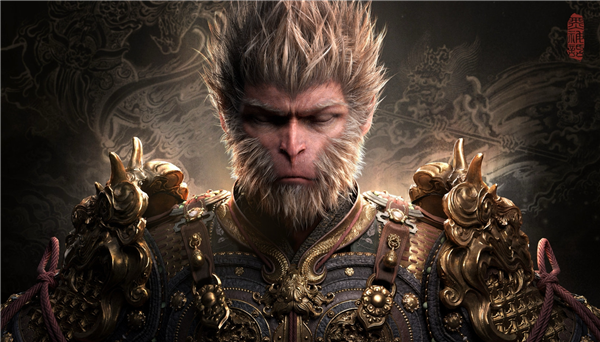
"Black Myth: Wukong" launched at the pinnacle, claiming the title of the world's top single-player AAA game. Online players exceeded 2 million, ranking third in historical peak records. Sales surpassed 4.5 million copies, with revenue exceeding 1.5 billion yuan, far surpassing the 400 million yuan development cost. The rise of Chinese games fills the gap in true AAA titles. The game's setting in Shanxi has boosted local tourism. In the future, it may lead the positive development of the domestic gaming ecosystem.
ScoresEntertainment
Beyoncé Partners with Moët Hennessy for SirDavis Whiskey Launch
Beyoncé collaborates with Moët Hennessy to launch SirDavis whiskey, named in honor of her great-grandfather, a moonshine maker, reflecting her heritage. Crafted in Texas, the whiskey combines rye and malted barley, aged in sherry casks. Priced at $89, it will be available in stores starting September.
Moët Hennessy, a division of LVMH, focuses on luxury products. "Moonshine" denotes illegally produced alcohol, historically made during Prohibition.
ScoresTaylor Swift's Record-Breaking Wembley Stadium Performances
Taylor Swift shattered records at Wembley Stadium, playing to over 1.2 million UK fans this summer. Her Eras Tour finale featured guest appearances by Florence Welch and Jack Antonoff, and premiered a new music video. Swift's eight Wembley shows surpassed Michael Jackson's 1988 Bad Tour record for solo artists.
The tour, spanning 131 dates, boosted the UK economy by an estimated £1bn. Geophysicists recorded seismic waves from fan dancing at Murrayfield Stadium, peaking at 23.4 nanometres during "Ready For It?"
Swift's London shows outnumbered any other city on her tour. She expressed gratitude to fans for memorizing her lyrics. The Eras Tour has broken box office records and dominated headlines for over a year.
Despite the tour's success, tragic events marred the summer. A Taylor Swift-themed dance class in Southport suffered a fatal stabbing, and three Vienna concerts were canceled due to a security threat. Swift reached out to the Southport victims but did not reference these incidents on stage, focusing instead on the tour's sense of community.
ScoresHealth
New Blood Sampling Device Inspired by Leeches Reduces Pain and Fear
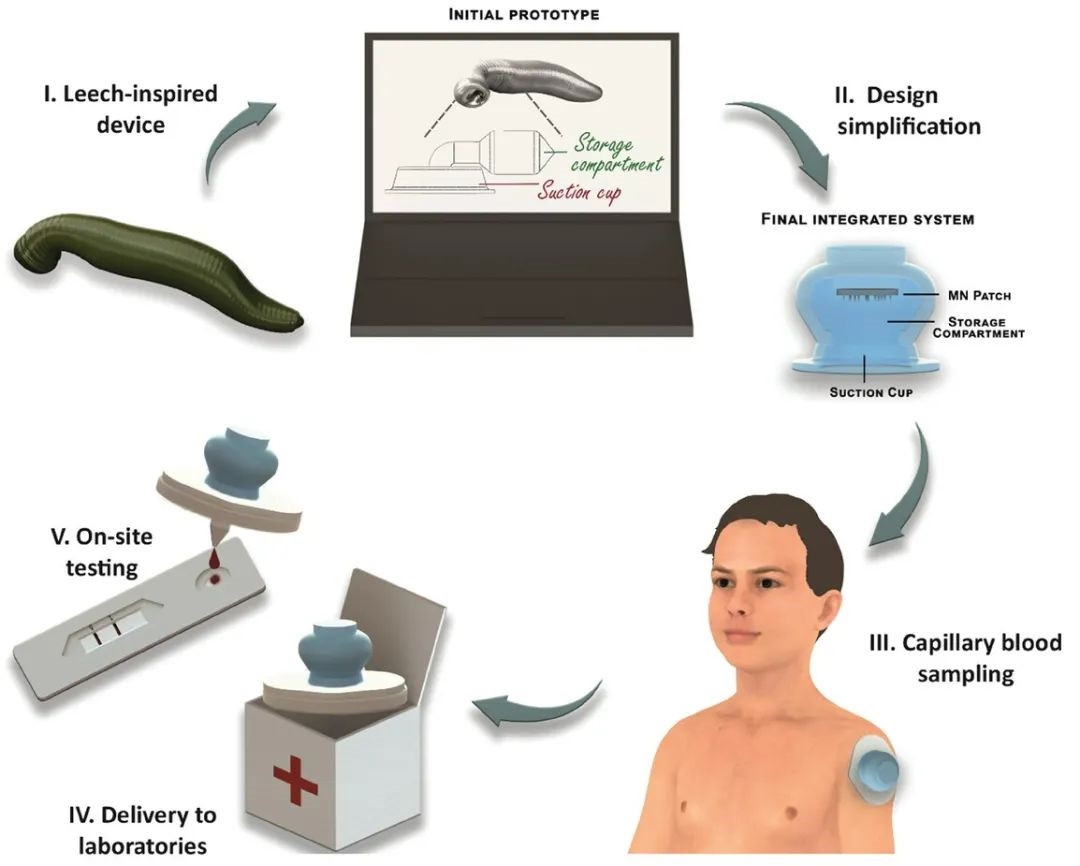
Swiss researchers have developed a new blood sampling device inspired by leeches. This gadget employs a suction cup and tiny needles instead of traditional needles, reducing pain and fear.
Leeches have a unique method of sucking blood using a mouthful of sharp teeth and a suction mechanism. This new device mimics that process: a suction cup attaches to the arm, tiny needles pierce the skin, and a vacuum draws blood into a container.
Leeches release a substance called hirudin, which prevents blood clotting, allowing them to feed uninterrupted. This device also uses a similar anticoagulant to keep the collected blood from clotting.
The device is designed to be less invasive, causing less pain and quicker healing. It's also safer, as the needles are enclosed, reducing the risk of accidental injuries.
This innovation could make blood tests less daunting, especially for those with needle phobia. It's also cheaper and easier to use, making it ideal for areas with limited resources. This could improve disease detection, particularly for conditions like malaria.
ScoresSports
Pakistani Javelin Thrower Arshad Nadeem Wins Olympic Gold
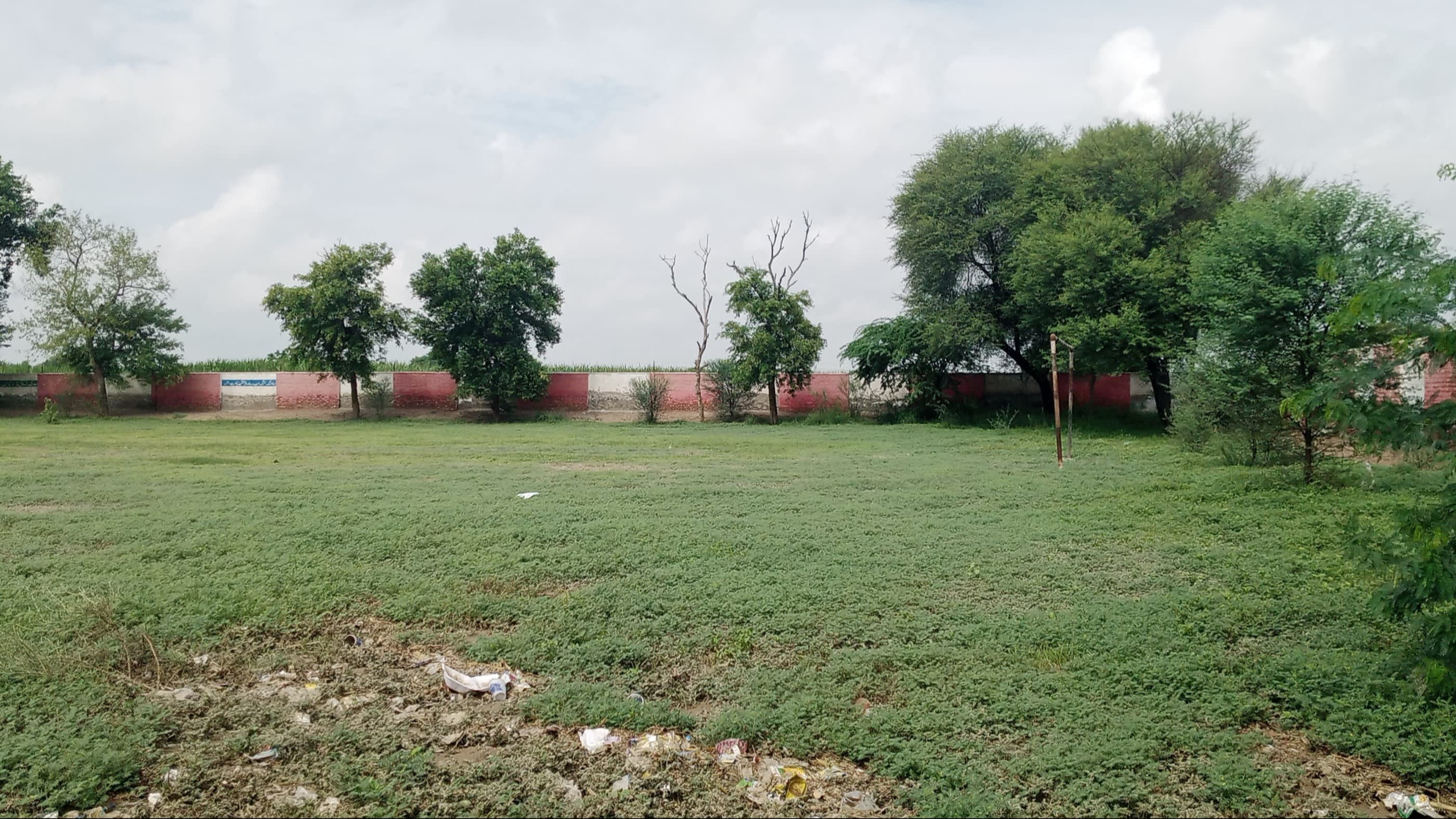
Arshad Nadeem, a Pakistani javelin thrower, won Olympic gold in Paris, setting a world record with a throw of 92.97 meters. This victory marked Pakistan's first gold in track and field and its first Olympic medal since 1992.
Nadeem's success has transformed his village, where cricket was the dominant sport. Now, children use branches as javelins, inspired by his achievement. Nadeem started with homemade javelins due to a lack of facilities and funding.
His victory has brought national recognition and substantial rewards, including over $1.2 million in prize money, three cars, and an apartment, all tax-free. This could encourage more funding for lesser-known sports in Pakistan, traditionally focused on cricket and hockey.
Nadeem's journey from a mud-brick house in Khanewal to Olympic champion shows the potential for underfunded sports to produce global success. His story might shift the focus in Pakistan from cricket to other athletic pursuits.
ScoresFood
Daily Ham Consumption Linked to Increased Type 2 Diabetes Risk
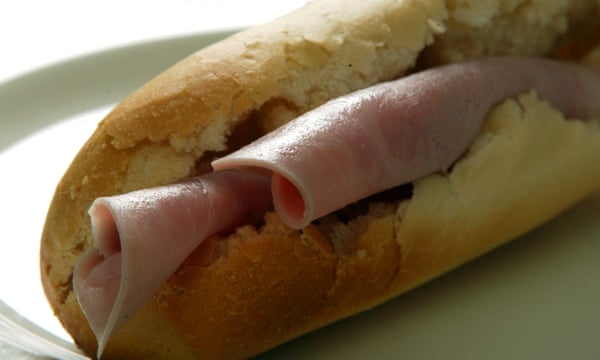
Two slices of ham daily may increase the risk of type 2 diabetes by 15%, according to a Cambridge-led study involving 2 million people worldwide. The findings were published in The Lancet Diabetes & Endocrinology.
The study found that processed and red meats are associated with a higher risk of diabetes, while the link with poultry is less clear. Consuming 50 grams of processed meat daily increases the risk by 15%, while 100 grams of unprocessed red meat raises the risk by 10%. The risk increase for poultry is 8%, indicating a weaker correlation.
The research supports the idea of limiting intake of processed and red meats. The UK's National Health Service recommends consuming no more than 70 grams of meat daily. The study provides more concrete evidence of the link between meat consumption and diabetes.
It's important to note that the study shows an association, not causation, and aligns with recommendations for healthy eating. Moderate meat intake, along with a focus on vegetables, fruits, nuts, seeds, beans, peas, and lentils, is advised. Regular physical activity is also key to reducing the risk of diabetes.
Scores